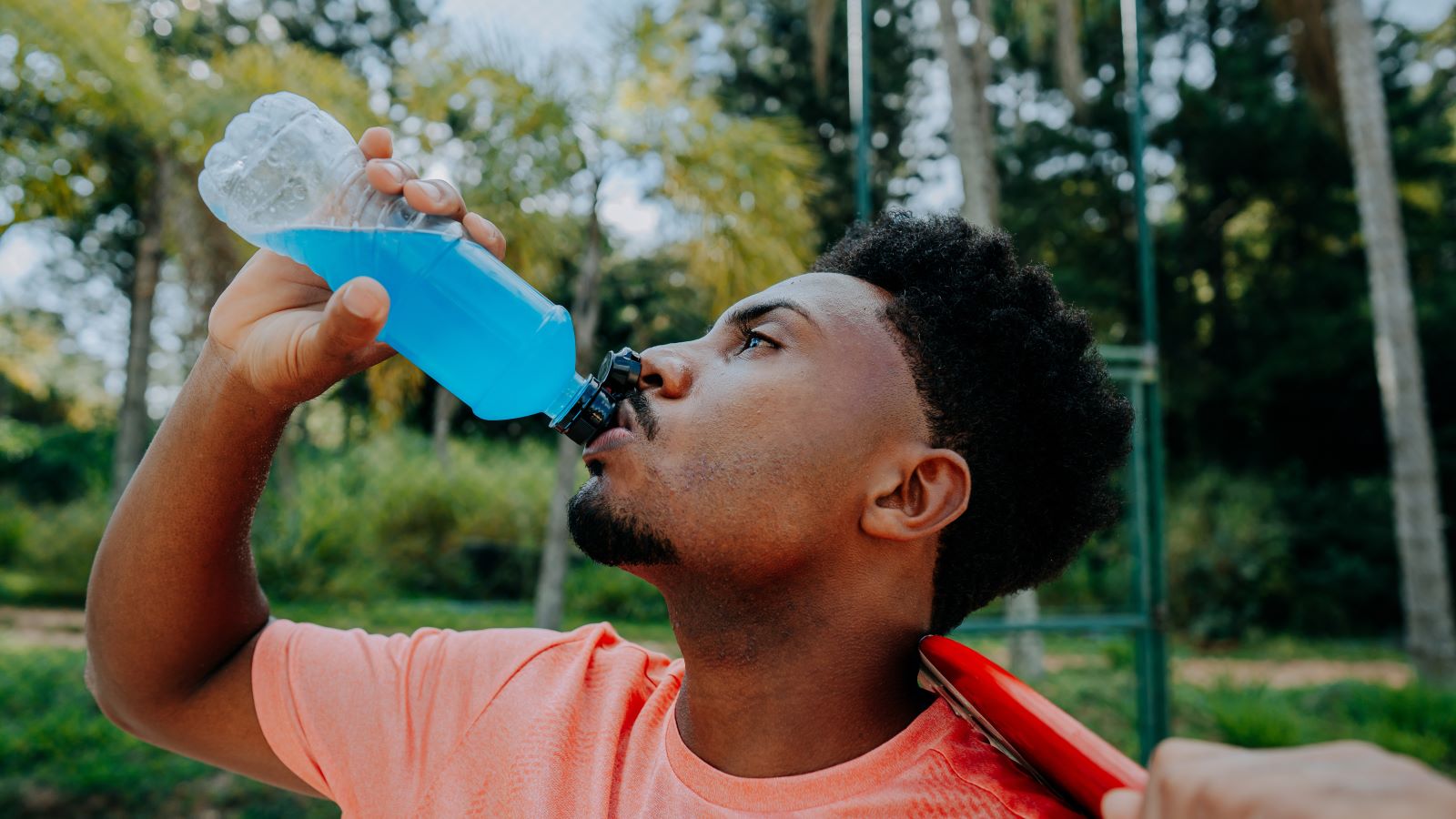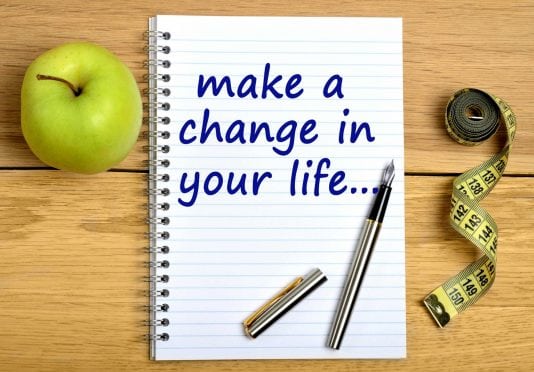Electrolyte drinks are all the buzz lately. But with so many options to choose from, how do you know which drink to pick?
We asked Christopher Barrett, RD, a registered dietitian at the Bone & Joint Institute, why electrolytes are so important and how to choose the right electrolyte drink.
Electrolytes include minerals like sodium, potassium and magnesium.
Electrolytes sound complex, but they’re actually common minerals that play a key role in our bodies.
“Electrolytes are minerals dissolved in water that help conduct electrical currents in the body. They play various crucial roles, especially during exercise,” explains Barrett.
Some key electrolytes include:
- Sodium
- Potassium
- Magnesium
- Chloride
- Phosphate
- Sulphate
- Bicarbonate
- Calcium
Each electrolyte has a specific purpose, but they generally help regulate and control fluid in the body, nerve function, muscle contractions and other important functions.
> Related: Should Athletes Turn to Energy Drinks for Enhanced Performance?
Sodium is especially important if you’re an athlete.
Sodium is essential for hydration, especially during long, sweaty workouts.
“Sodium in electrolyte drinks helps stimulates your thirst cues and your body will retain fluid which reduces loss through urination,” explains Barrett. “Other electrolytes lost in sweat are minimal and don’t need special replacement during exercise, if an athlete eats a balanced eating pattern.”
Products use different forms of sodium, so what’s best?
“Look for sodium citrate,” advises Barrett. “It’s ideal for high-intensity training, reduces stomach upset, helps with carbohydrate usage, buffers ‘muscle burn’ and tastes better.”
But if your workout is under 45 minutes, stick with H2O.
“Sodium stimulates and encourages the athlete to drink, but it doesn’t hydrate better than plain water,” he adds.
When you should have an electrolyte drink
If you have a busy week of activities and hot weather ahead, an electrolyte drink may help.
Here are a few scenarios that Barrett highlights when an electrolyte drink may be beneficial:
- Heading out on an extended summer run in the heat and humidity, especially if you’re preparing for a fall marathon.
- Tackling end-of-summer preseason sports tryouts or practices, including “doubles” sessions.
- Going on long bike rides or runs that will take over 4 hours.
“An electrolyte drink can help prevent hyponatremia, a condition that occurs when the sodium level in the blood is too low,” Barrett explains.
Electrolyte drinks can also help with some medical conditions.
Beyond workouts, electrolyte drinks may also help:
- Meet your fluid needs during the day if that’s a challenge for you, as the sodium in an electrolyte beverage stimulates thirst.
- Support people with conditions that have elevated sodium needs, such as cystic fibrosis and POTS (postural orthostatic tachycardia syndrome).
When to reach for a sports drink instead
An electrolyte drink lacks carbohydrates, while a sports drink includes both carbohydrates and electrolytes. Why does this matter?
“If you’re training at high intensity for over 60 minutes and aiming for performance, you need more than just electrolytes,” says Barrett. “Start including about 30 grams of carbohydrates per hour.”
Here are some situations where a sports drink may be beneficial:
- Prolonged exercise lasting more than 60 to 90 minutes.
- High-intensity or intermittent exercise, competitions or games.
- Preseason training.
- Phases of poor nutrition.
- Compromised immune system.
Need help deciding which drink to choose?
“Always know the purpose of your workout,” says Barrett. “If you need more fuel, a sports drink can help. For more guidance on your activity or nutrition, consult your medical team.”


